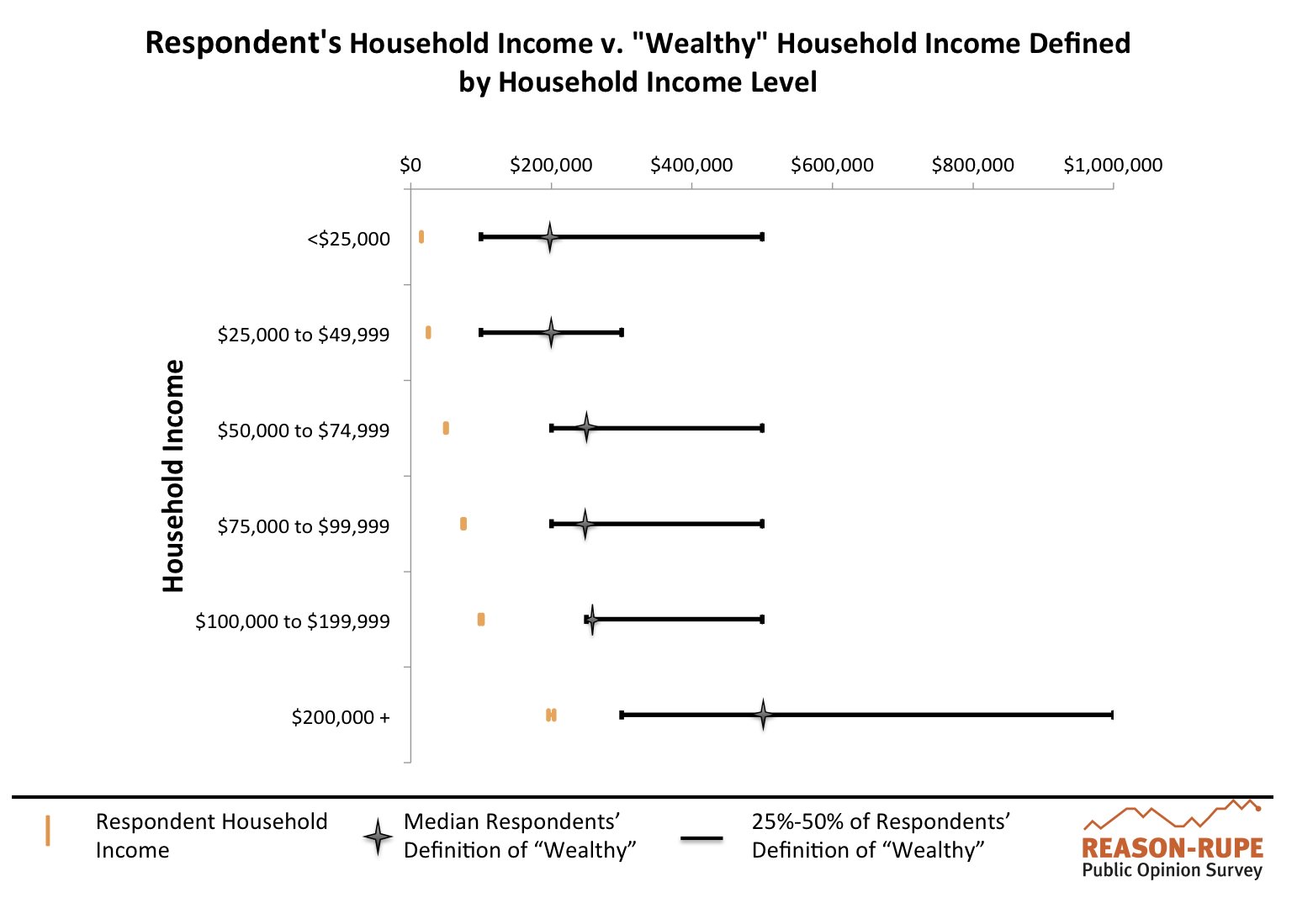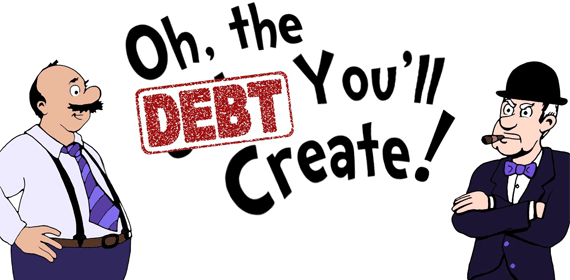For those of you who need a little refresher, tell them the good people on Briggs 2nd sent you.
CTL math tutors will be holding several calculus review sessions designed for students who want to “brush up” on critical skills used in classes including: Calculus II and III as well as various chemistry and physics courses. Workshops will cover the basics of integrals or derivatives and will be held in Briggs 420 at the following dates/times. If you have questions, please contact Julie Haurykiewicz, CTL Director. Thanks!
Derivative Reviews:
Wednesday, September 28 at 9 p.m.
Monday, October 3, at 8:30 p.m. The integraDerivatives
Integral Reviews:
Thursday, September 29 at 8:00pm
Tuesday, October 4 at 7:00pm

 Those of you interested in signing up for the group read of The Road to Serfdom need to turn in your registration forms and get your schedules to Professor Galambos or me so we can coordinate a meeting time. We will likely have our first meeting during the first week in October and cover the first 50 or 60 pages of the book at that time.
Those of you interested in signing up for the group read of The Road to Serfdom need to turn in your registration forms and get your schedules to Professor Galambos or me so we can coordinate a meeting time. We will likely have our first meeting during the first week in October and cover the first 50 or 60 pages of the book at that time.
